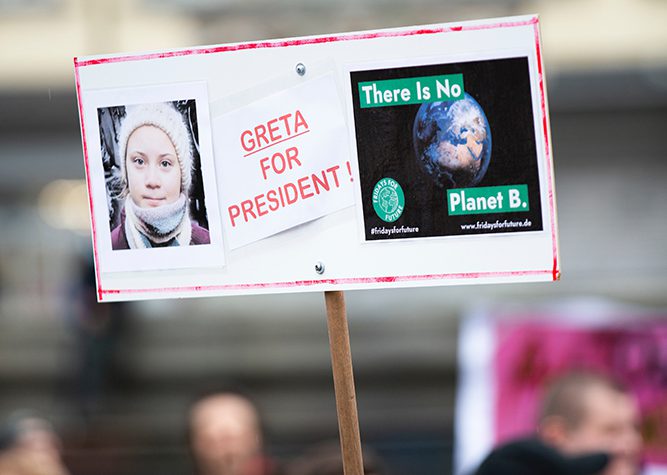
Britain’s rising numbers of Covid-19 infections and an increase in people being hospitalised with the disease demonstrate that there is a serious problem, health minister Matt Hancock said.
“It is a challenge, and everybody will have seen, from the rising case rates and unfortunately the rising hospitalisation rates which have risen really quite sharply in the last week or so, that we have got a very serious problem on our hands,” Mr Hancock said at a Confederation of British Industry webinar.
“The challenge is how to deal with this second peak in a way that has as little damage as possible. Thankfully we know far more about it than first time around.”
Latest coronavirus stories
Meanwhile, local lockdowns and different restrictions across Britain are the best way for the country to deal with the coronavirus at the moment, trade minister Liz Truss said.
Asked about criticism that the measures are not working, Ms Truss told BBC Radio: “The measures that we put in place are, whilst not measures that we would want to have to do in normal times, are the best way of dealing with it that we have now.”
Three of the UK’s largest universities have shifted to online classes due to coronavirus outbreaks.
More than 50 universities in the UK have confirmed cases of Covid-19, after thousands of undergraduates returned to campus for the start of the autumn term.
Manchester University, where there have been 382 coronavirus cases since 21 September, joined with Manchester Metropolitan University and the University of Sheffield in announcing a move to online learning to protect the health of students and staff.
The move comes amid rising cases across parts of England, with the latest weekly infection figures showing Manchester’s rate has soared, with 3,105 new cases recorded in the seven days to 3 October – the equivalent of 561.6 cases per 100,000 people.
Analysis by the PA news agency shows the UK-wide seven-day rate increased to 125.7 Covid-19 cases per 100,000 people from 63.8 a week ago.
US agency wants two months’ safety data before approving Covid-19 vaccine
The US Food and Drug Administration made public its guidance for issuing emergency approval for a Covid-19 vaccine, making it clear it wants to see follow-up two months after trial volunteers have their second dose.
It is therefore unlikely for President Donald Trump’s administration to have a vaccine on the market before the 3 November election, something the president frequently says is on the cards.
“Data from Phase 3 studies should include a median follow-up duration of at least two months after completion of the full vaccination regimen to help provide adequate information to assess a vaccine’s benefit-risk profile,” the document said.
The two companies that are furthest along in their vaccine trials, Moderna and Pfizer, both began their final stages at the end of July, and both require two separate injections 28 days apart.
That would mean that only the first few people who signed up for the trial would have completed the follow-up period by the end of October, and there would probably not be enough data to apply for emergency use.
The vaccines will have to inoculate half of all patients against Covid-19.
Additionally, there will need to be at least five cases of severe infection in the placebo group to prove the vaccine is effective.
The agency’s chief, Dr Stephen Hahn, said it is committed to making the development of a vaccine as open and transparent as possible.
FDA is committed to making the #COVID19 vaccine development process & our scientific evaluation as open & transparent as possible. To that end, we’ve also created a new landing page to highlight this work, additional resources and upcoming events. https://t.co/GdDhZag3Jd
— Dr. Stephen M. Hahn (@SteveFDA) October 6, 2020
The decision to issue the guidance comes amid a reported tug-of-war between the White House and the FDA.
According to US media outlets, the White House viewed the two-month follow-up period as unnecessary and did not want the FDA to implement it.
Mr Trump expressed his disapproval on Twitter.
New FDA Rules make it more difficult for them to speed up vaccines for approval before Election Day. Just another political hit job! @SteveFDA
— Donald J. Trump (@realDonaldTrump) October 7, 2020
The news was welcomed by health experts who said it showed the agency was acting responsibly in the face of political pressure.
New York imposes new restrictions in virus-surge areas
New York’s governor has announced tough new restrictions in several areas recording high infection rates to try to ward off a second coronavirus wave.
Andrew Cuomo ordered non-essential businesses, including gyms and restaurants, closed in parts of Brooklyn and Queens in New York city.
The governor also banned mass gatherings and capped at ten the number of people allowed in places of worship in the so-called red zones witnessing “clusters” of infections.
The restrictions will come into effect from today and will be reviewed after 14 days.
People walk by a Covid-19 testing site in the Midwood section of Brooklyn
Mr Cuomo blamed the infection spike on a let-up in enforcement of social distancing measures and reminded residents to keep wearing masks.
“It’s no time to be fatigued. The virus isn’t tired,” he told reporters.
On Monday, Mr Cuomo announced that schools in nine New York City neighbourhoods would temporarily close.
They are in areas where the rate of positive cases has been above the 3% threshold for more than seven days.
Two of the neighborhoods have recorded positive rates above 8% and include large Orthodox Jewish communities, where residents recently marked the Rosh Hashanah and Yom Kippur holidays.
Across New York state, the rate of positive cases remains low at 1.20%. The virus has killed more than 33,000 people across the state.
Additional reporting PA





More Stories
The BMC has banned fire crackers in all public and private places within the city limits.
Apple has cut off major supplier Pegatron from new contracts following the reveal of student labor violations. Pegatron is one of Apple’s biggest supply chain partners, manufacturing various products including some of the newest iPhone 12 models.